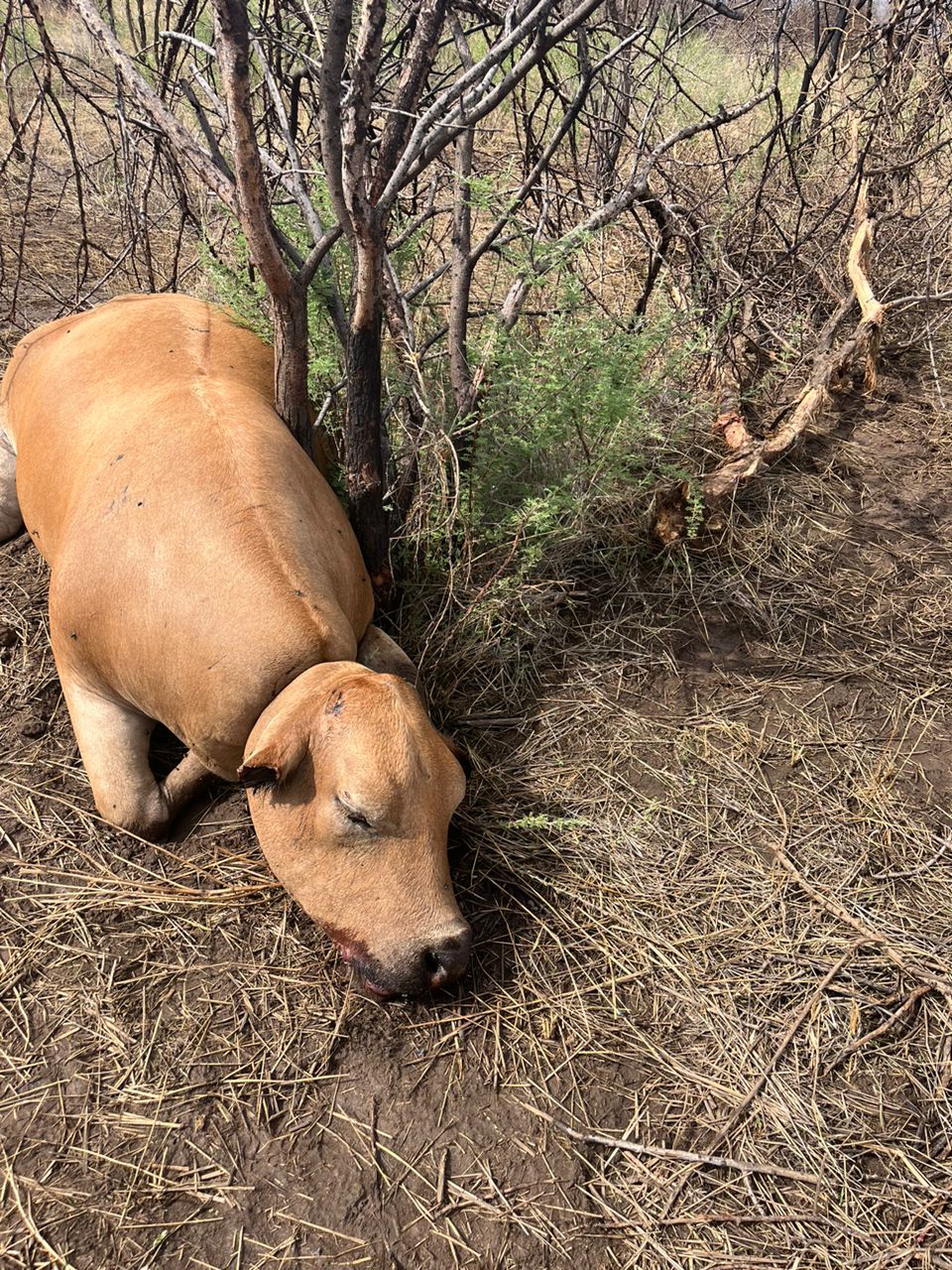Poaching poses a significant threat to Namibia’s economy, primarily due to its adverse effects on tourism, conservation efforts, and the financial burdens it imposes on anti-poaching initiatives.
Impact on Tourism
Namibia’s rich biodiversity, including iconic species like rhinos and elephants, is a cornerstone of its tourism industry. The escalation in poaching activities, particularly the alarming increase in rhino poaching – rising by 97.9% from 2021 to 2022 – jeopardizes this sector. The loss of wildlife diminishes the country’s appeal to tourists, leading to decreased visitor numbers and revenue. In 2022, tourism contributed approximately N$14.3 billion to Namibia’s gross domestic product, underscoring its vital role in the national economy. citeturn0search10
Financial Strain from Anti-Poaching Efforts
Combating poaching requires substantial financial resources. Between 2015 and 2017, the Namibian government projected expenditures exceeding N$1 billion on anti-poaching operations. These funds cover patrols, equipment, personnel training, and surveillance. Such significant allocations divert resources from other critical areas like education, healthcare, and infrastructure development, potentially hindering overall economic growth. citeturn0search1
Threats to Conservation and Community Livelihoods
Poaching undermines conservation initiatives and community-based natural resource management programs. Many Namibian communities rely on wildlife tourism for their livelihoods. The depletion of wildlife populations due to poaching disrupts these income streams, leading to economic instability in rural areas. For instance, the //Huab Conservancy faced significant challenges when mining activities displaced resident black rhinos, affecting tourism and community revenue. citeturn0search8
Conclusion
The detrimental effects of poaching on Namibia’s economy are multifaceted, impacting tourism revenue, imposing financial burdens on anti-poaching measures, and threatening community livelihoods. Addressing this issue requires comprehensive strategies, including enhanced law enforcement, community engagement, and international cooperation, to ensure the preservation of wildlife and the economic well-being of the nation.

